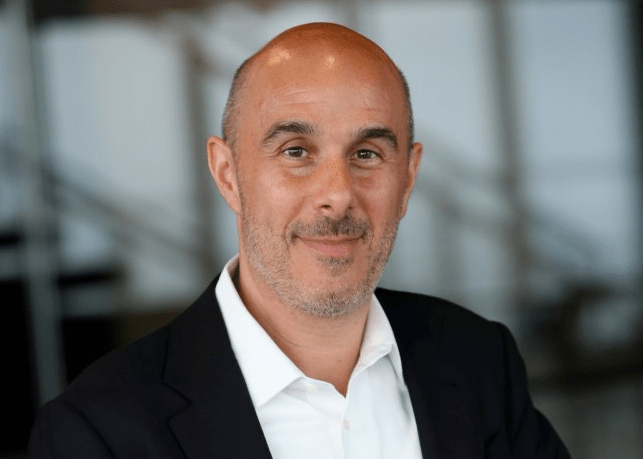The NBA Draft is a life-changing moment for hundreds of promising young basketball players around the world–but each financial decision these new pros make can significantly impact them far into the future.
We have had the privilege of working with professional athletes for decades–and the practices of building and sustaining their wealth and legacy are not dissimilar from those of highly successful entrepreneurs and business executives.
Given that the wealth journey of professional athletes often starts early in life, and is punctuated with extreme peaks and valleys, it is important for them to implement a well-constructed spending, savings, and investment plan that preserves their capital and can turn income into real, generational wealth.
That cannot be underscored enough: High income does not equal wealth. Proper advice can help young pro athletes determine how much cash they should have on hand, when to take appropriate risks to meet their short and long-term financial (and life) goals, and how to select and size investment opportunities.
Pro athletes v. CEOs
In the 2022 draft, first-round rookie contracts ranged from $11.3 million to $50.2 million over four years (two years guaranteed). Picks 1-10 averaged $33.2 million; 11-20 averaged $17.5 million; and 21-30 averaged $12.2 million. Per NBA league rules, second-round draft picks and undrafted free agents can sign contracts of one to four years that may be guaranteed at the teams’ discretion.
The league minimum annual salary is around $1 million and goes up to about $3 million for veterans. The five highest-paid NBA players made more than $40 million each this season, with some players’ annual salaries expected to exceed $50 million next season.
But even star athletes’ highly condensed peak earning windows present unique financial challenges, requiring them to stretch out what are often short-term earnings over a lifetime. The average NBA career lasts 4.5 years. However, earning and saving earlier in life can create the tremendous benefit of compounding returns over a long period, helping athletes to potentially amass generational wealth.
We suggest players think like a CEO. The average annual salary in 2022 of an S&P company CEO was $18.8 million per year, but a typical CEO’s earnings happen later in a career–and allow for more adjustments to ensure proper rebalancing and budgeting along the way.
While their compensation can be similar to that of a CEO, NBA rookies do not have the same number of years to adjust. They may view themselves as “brands,” and they are, but they are also CEOs of their own significantly capitalized enterprises.
Needs v. wants
We always suggest that building the right advisory team early in their career is important–people they can trust who have the necessary resources and skills. An independent team of advisors could include an agent, lawyer, manager, accountant, and financial advisor. Family and friends who have always offered support will often continue to play pivotal roles in athletes’ careers, and professional advisors should complement the team the athlete already has in place.
Questions to consider include all-in fees or taxes unique to pro athletes, the resources a firm has to support the advisors, how those advisors may work with others on the team, and how they will interact with the players.
Professional athletes are often targeted by unscrupulous scam artists. From 2004 to 2018, they alleged fraud-related losses of almost $600 million, according to an EY study. Players should not hesitate to ask questions when something doesn’t feel right.
Athletes are best served by “getting in the game” of their financial journey: establishing realistic goals, determining their risk tolerance, and taking steps to insure and protect themselves and their families.
We encourage athletes to build smart spending and savings plans from the very start. Determining their “needs” versus “wants” is a useful exercise in prioritizing spending. Important long-term considerations include income security, taxes, wellness and healthcare, retirement, family support–and legacy.
It is also important for players to reexamine their financial priorities at least annually. Circumstances change–and so should anyone’s portfolio, to adjust for ups and downs. Achieving the right balance between needs and wants can free athletes to spend money on what is important to them, with confidence in the future, and without guilt.
Nicole Pullen Ross is the head of sports and entertainment solutions at Goldman Sachs Private Wealth Management.
The opinions expressed in Fortune.com commentary pieces are solely the views of their authors and do not necessarily reflect the opinions and beliefs of Fortune.
More must-read commentary published by Fortune:
- The forced return to the office is the definition of insanity
- Speculative headlines about artificial intelligence are missing the point. Here’s what America’s top CEOs told us they intend to use A.I. for
- America’s education system is failing–but a growing school choice movement believes it has the solution
- A year after Roe v. Wade was overturned, an unworkable patchwork of state laws leaves corporate America more vulnerable to government overreach












